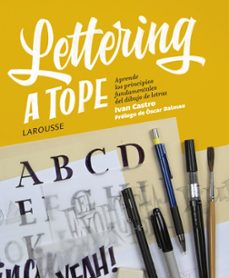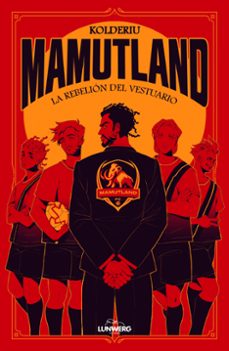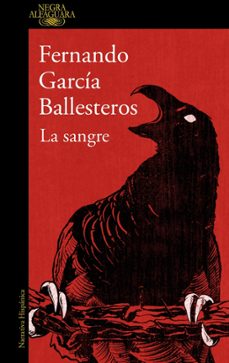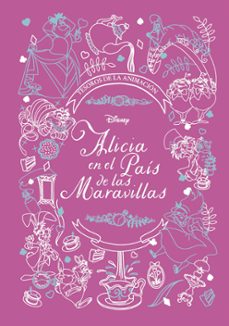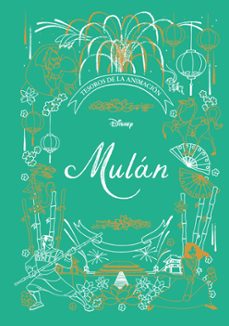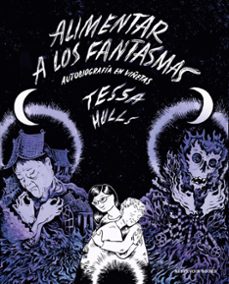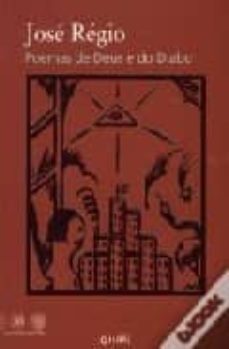Imprescindibles
Más vendidos Libros más leídos eBooks más leídos Todos los libros Todos los libros Autores destacados Series y sagas
Recomendados Libros recomendados Autores destacados Libros que inspiran Vidas con historia LGTBIQ+ English books
Ficción
Literatura Contemporánea Estudios literarios Clásicos Cuentos Poesía Teatro Libros de bolsillo Sagas literarias
Géneros literarios Novela romántica y erótica Novela negra Novela histórica Narrativa fantástica Novela de ciencia ficción Novela de terror Narrativa de humor Narrativa de viajes
No Ficción
Ciencias y tecnología Biología Ciencias Ciencias naturales Divulgación científica Informática Ingeniería Matemáticas Medicina Salud y dietas Formación Idiomas Estilo de vida Libros de Cocina Guías de viaje Narrativa de viajes Deportes Libros de Juegos Manualidades
Humanidades Autoayuda y espiritualidad Ciencias humanas Derecho Economía y Empresa Psicología y Pedagogía Filosofía Sociología Filología Biblioteconomía Estudios filológicos Estudios lingüísticos Estudios literarios Historia y crítica de la Literatura
Infantil
Juvenil
#Jóvenes lectores Narrativa juvenil Clásicos adaptados Libros Wattpad Libros Booktok Libros de influencers Libros de Youtubers Libros Spicy Juveniles Libros LGTBIQ+ Temas sociales Libros ciencia ficción Libros de acción y aventura Cómic y Manga Juvenil Cómic Juvenil Manga Shonen Manga Shojo Autores destacados Jennifer L. Armentrout Eloy Moreno Nerea Llanes Hannah Nicole Maehrer
Libros de fantasía Cozy Fantasy Dark academia Hadas y Fae Romantasy Royal Fantasy Urban Fantasy Vampiros y hombres lobo Otros Misterio y terror Cozy mistery Policiaca Spooky Terror Thriller y suspense Otros
Libros románticos y de amor Dark Romance Clean Romance Cowboy Romance Mafia y amor Romance dramatico Romcom Sport Romance Otros Clichés Enemies to Lovers Friends to Lovers Hermanastros Slow Burn Fake Dating Triángulo amoroso
Cómic y Manga
Novela gráfica Novela gráfica americana Novela gráfica europea Novela gráfica de otros países Personajes, series y sagas Series y sagas Star Wars Superhéroes Cómics DC Cómics Marvel Cómics otros superhéroes Cómics Valiant
Audiolibros
eBooks
Literatura Contemporánea Narrativa fantástica Novela de ciencia ficción Novela de terror Novela histórica Novela negra Novela romántica y erótica Juvenil Más de 13 años Más de 15 años Infantil eBooks infantiles
Humanidades Autoayuda y espiritualidad Ciencias humanas Economía y Empresa Psicología y Pedagogía Filosofía Historia Historia de España Historia Universal Arte Cine Música Historia del arte
Ciencia y tecnología Ciencias naturales Divulgación científica Medicina Salud y dietas Filología Estudios lingüísticos Estudios literarios Historia y crítica de la Literatura Estilo de vida Cocina Guías de viaje Ocio y deportes
José Régio
Recibe novedades de JOSE REGIO directamente en tu email
Filtros
Del 1 al 6 de 6
Aspects of Portugal 9781800174245
This collection of stories, José Régios controversial masterpiece Histórias de Mulheres, is here translated for the first time into English. Régio creates a gallery of women - women who are outsiders, born into a society in which they are constrained by class, education, money and social expectations.Dulce is the pawn of feckless guardians. Miss Olimpia is trapped by poverty and her own pretensions. Rosa, for her part, refuses to conform to the stereotype of saccharine femininity, with serious consequences for herself and for her world. Some of the women cope, others go under. A few, in unexpected ways, triumph. Regio gets extremely close to his subjects, evincing a rare negative capability and, in creating their worlds, effaces his own which is, after all, the very world that has confined them.Regio, one of the outstanding Portuguese writers of the twentieth century, combines psychological subtlety and social satire. Like that great Portuguese ironist of the century before, Eça de Queiros, Regio evokes the prison-house that society is for men and women alike, and in doing so rattles the bars on the cage. If his narratives were taken to heart, radical change might ensue.Margaret Jull Costa was a joint-winner of the Portuguese Translation Prize in 1992 for her version of Pessoas The Book of Disquietude, and with Javier Marias won the International IMPAC Dublin Literary Award for A Heart So White in 1997.
Ver más
eBook
LIVRARIA CIVILIZAÇAO 9789722611855
Tapa blanda
QUASI EDIÇOES 9789728632717
O grande clássico de José Régio, obra maior da literatura portuguesa, que integra entre outros a bandeira poética Cântico Negro. Com este livro Régio define todo um programa de uma estética e assume-
Ver más
Tapa blanda
HERMIDA EDITORES S.L. 9788412281194
Poemas de Deus e do Diabo es el primer poemario de José Régio. Publicado en 1925, fue muy bien acogido por lectores y crítica. En él aparecen y se celebran las grandes preocupaciones metafísicas y vitales que nunca abandonarian al autor. Contiene su poema Cantico negro, todo un referente (bandera poetica, se ha dicho de el) y el que mejor muestra sus palpitos mas originales.Obra canonica y central de la poesia portuguesa del siglo xx, en ella el lector asiste al desfile de imagenes entre aterradoras y salvificas acompañadas por los sencillos pero certeros dibujos del propio poeta, que muestran un inevitable equilibrismo pagano entre los costados humano y divino de la existencia y el sufrimiento de quien erige y soporta tales imagenes. El clima, dulce y tragico en la lectura, nos situa en una complicidad romantica y perdurable con el poeta.
Ver más
Tapa blanda
Del 1 al 6 de 6

